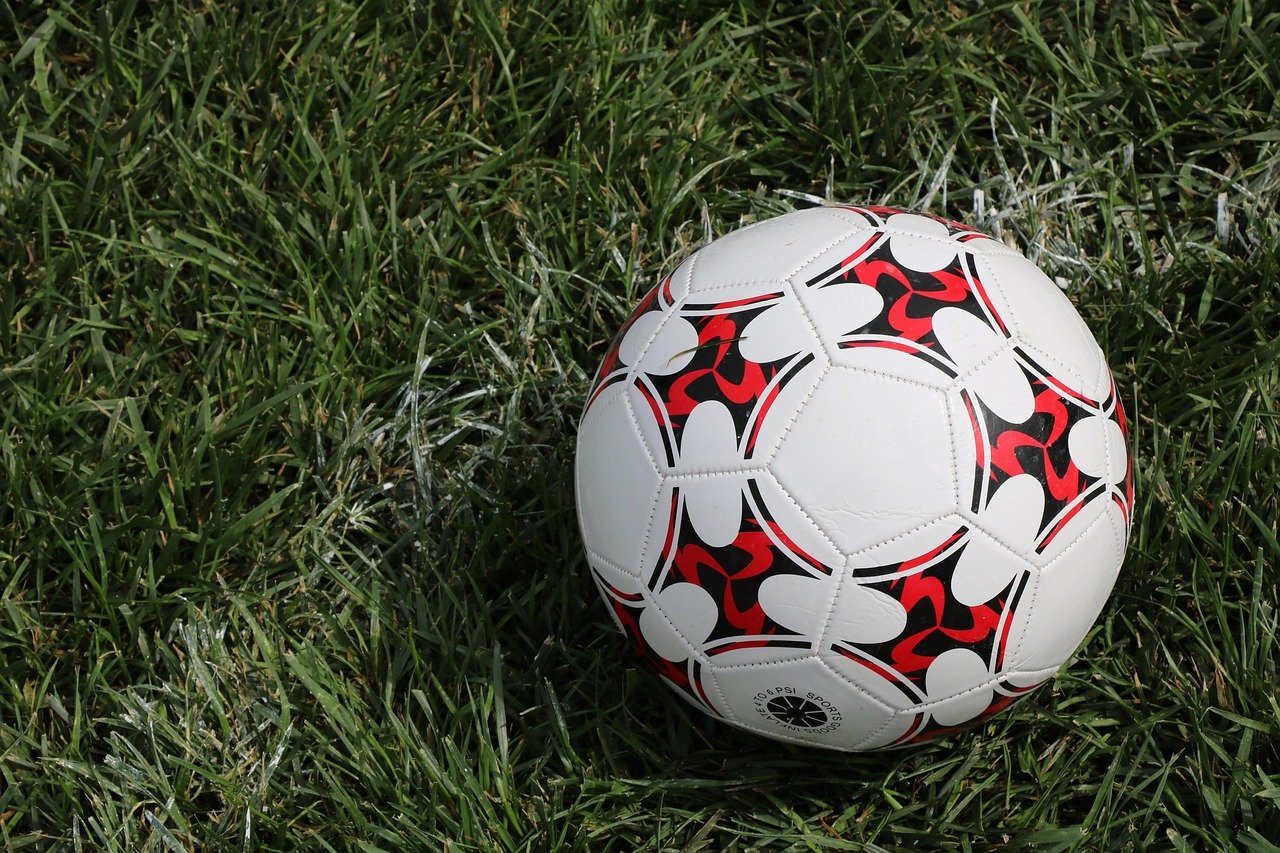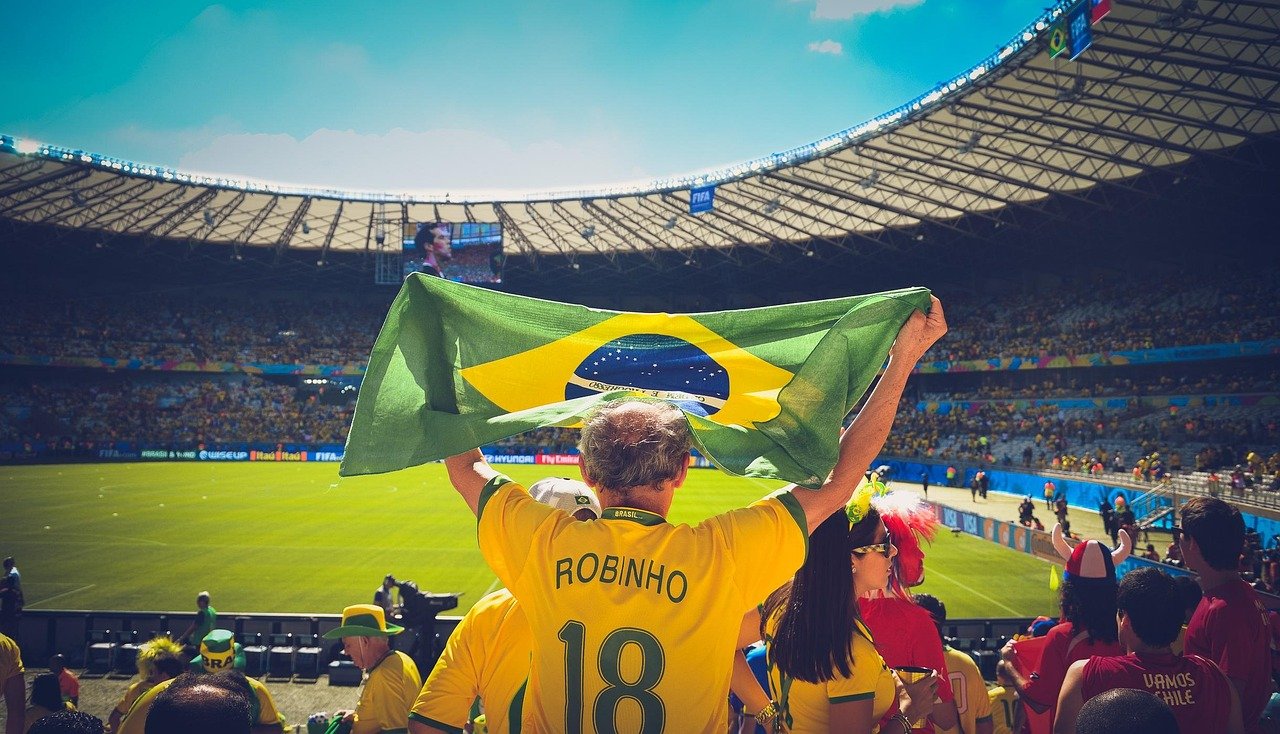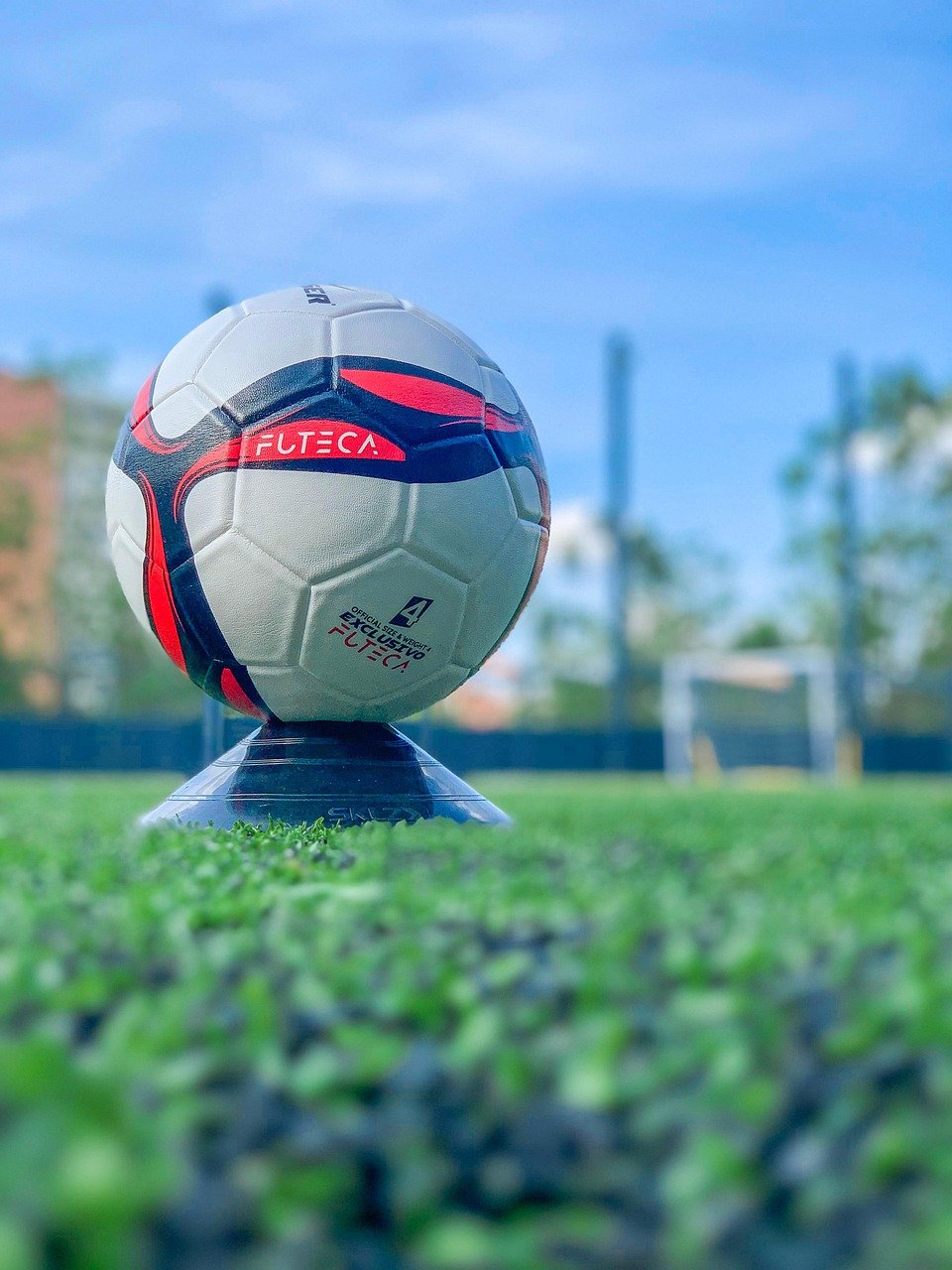The Evolution of Liga DENPASAR PSSI Over the Years
Historical Background
Liga DENPASAR PSSI, a local football league in Bali, Indonesia, represents the heart and soul of football culture within its community. The league’s formation in the early 2000s can be traced back to the growing interest in football among the youth, responding to the need for organized competition. The league aimed to provide a structured environment where local talents could exhibit their skills.
Foundational Years: 2000-2010
The inaugural season of Liga DENPASAR PSSI was marked by enthusiasm and a drive to elevate local talent. Comprised mainly of amateur teams from various districts, the league’s focus was on inclusivity and growth. The initial years saw fluctuating attendance, with fans gradually transitioning from casual spectators to dedicated supporters as the league instituted innovative local rivalries.
During this decade, partnerships with local schools and universities played a pivotal role in talent identification. Clubs began to nurture young players, and training academies emerged, emphasizing skill development. Local sponsors also started recognizing football’s potential as a marketing tool.
The Rise of Professionalism: 2011-2015
As Liga DENPASAR PSSI gained momentum, the league underwent significant reforms aimed at professionalization. Teams began to adopt a more structured approach to management and training. This era saw the introduction of tailored youth development programs that focused on a holistic approach to nurturing talent.
The establishment of a formal competitive format, including promotion and relegation systems, added motivation for clubs to elevate their performance. Enhanced media coverage through local TV stations and social media platforms raised league visibility, attracting more fans and prospective sponsors. By the end of this period, Liga DENPASAR PSSI had established itself as a legitimate step toward professional football in Indonesia.
Technological Advancements: 2016-2018
The incorporation of technology into Liga DENPASAR PSSI’s operations marked the next phase of evolution. Clubs began using sports analytics and GPS tracking technologies to optimize player performance and game strategies. This data-driven approach heightened the level of competitiveness, as teams became more focused on tactical finesse rather than just physicality.
In addition to performance analytics, the league embraced digital platforms to engage with fans. Live streaming of matches and real-time updates on social media saw increase in viewership statistics and fan engagement. This shift not only improved match attendance but also attracted a younger demographic, eager to interact and support their local teams.
Community Engagement and Grassroots Development: 2019-Present
Recognizing the critical role of community involvement, Liga DENPASAR PSSI directed efforts toward grassroots initiatives. Programs aimed at introducing football to children in schools proliferated, often in collaboration with local governments and NGOs. The goal was to instill a love for the sport at an early age, ensuring a sustained interest in football within the region.
Moreover, local legends and retired players began participating in coaching and mentorship roles. Their experiences and insights have been invaluable in shaping the aspirations of young athletes. Community events, such as friendly matches and football clinics, fostered a spirit of unity and competition among local teams, further strengthening the league’s community roots.
Sponsorship and Commercialization: 2020-2023
In recent years, Liga DENPASAR PSSI has seen a significant influx of sponsors, leading to commercial growth within the league. Local businesses have recognized the marketability of supporting youth and regional sports, resulting in jersey sponsorships and financial backing for clubs. This funding has enabled teams to invest in better training facilities and enhance player development programs.
The league has also ventured into creating merchandise, allowing fans to purchase their team’s gear, thereby enhancing their sense of belonging. Marketing strategies have evolved, with clubs utilizing social media campaigns and interactive content to involve fans in initiatives and day-to-day activities, creating a vibrant football culture in DENPASAR.
Facing Challenges: COVID-19 Impact
The COVID-19 pandemic posed unprecedented challenges, forcing the league into a hiatus. However, the resilience of Liga DENPASAR PSSI became evident as it adapted to the situation. Protocols were developed to ensure player safety while providing a framework to resume activities. The league introduced controlled match environments with limited spectators, striking a balance between safety and the need for community engagement.
Future Vision: Embracing Sustainability
As the league moves forward, plans are in motion to embrace sustainability and environmental responsibility. Initiatives aimed at reducing the carbon footprint of clubs, such as eco-friendly stadium practices and community clean-up days, are underway. A push for social responsibility has taken root, with clubs participating in charitable events and promoting awareness on social issues affecting the community.
Moreover, Liga DENPASAR PSSI is focused on establishing itself as a crucial player in Indonesian football. Collaborations with national federations and training programs with professional clubs outside Bali are being explored. The aim is to create pathways for local players to ascend into higher leagues while maintaining the essence of Liga DENPASAR as a foundational grassroots league.
Conclusion
The evolution of Liga DENPASAR PSSI reflects the dynamic nature of football in Indonesia. From its humble beginnings to its current status as a beacon of local talent, the league has cultivated a vibrant culture centered around community, sustainability, and excellence in sportsmanship. The dedication to nurturing talent and engaging with the community suggests a promising future, solidifying Liga DENPASAR PSSI as a pillar of sporting spirit in Bali.








